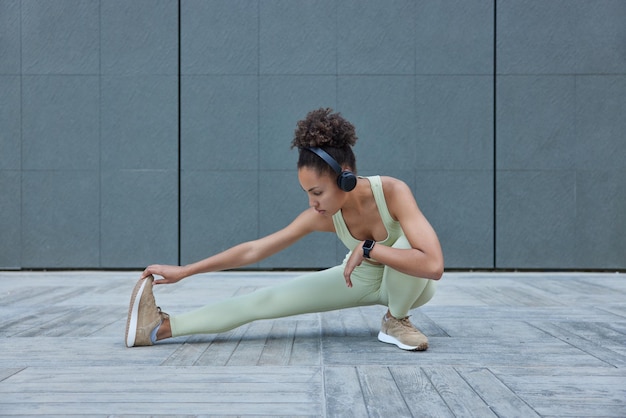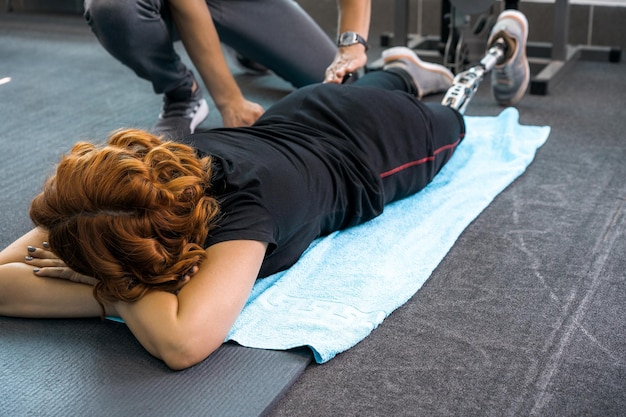Building muscle isn’t just about lifting heavy weights and eating more protein. True progress comes when strength meets awareness. For muscle gainers, integrating mindfulness into your training can dramatically improve form, reduce injury risk, and enhance muscle activation—leading to better, more sustainable gains. This guide delivers 15 coach-style mindfulness tips tailored for those on a muscle-building journey, complete with form notes and easy modifications.
Mindfulness in fitness means being fully present during each repetition—focusing on breath, muscle engagement, and movement quality. For muscle gainers, this mental discipline can turn a routine workout into a powerful growth session. When you're mindful, you're not just going through the motions; you're building a stronger mind-muscle connection, which is essential for hypertrophy.

Staying present enhances muscle activation and form precision.
Before your first set, pause and take 60 seconds to focus on your breath. Inhale deeply through the nose, expand the diaphragm, and exhale slowly. This calms the nervous system and prepares your body for focused lifting.
Instead of just aiming for reps, set an intention: "Today, I will feel my lats engage during every pull-up." This mental cue keeps your focus sharp and purposeful.
Spend 3–5 minutes scanning from head to toe. Notice any tightness, asymmetry, or fatigue. Adjust your warm-up accordingly—maybe add extra hip mobility if your glutes feel stiff.
Slow down the lowering phase of each rep. A controlled eccentric (e.g., 3 seconds down on a bicep curl) increases time under tension and improves neuromuscular control.
During each set, mentally "touch" the working muscle. Visualize it contracting and lengthening. This mind-muscle connection boosts recruitment and effectiveness.
Engage your core by bracing as if preparing for a light punch. This stabilizes your spine and protects your lower back during compound lifts like squats and deadlifts.

Bracing your core improves stability and lifting safety.
Put your phone on silent, avoid crowded mirrors, and stay in your lane. A clutter-free environment supports mental clarity and focus.
Repeat short, powerful phrases: "Drive through heels," "Squeeze glutes," or "Pull with lats." These anchor your attention during complex movements.
Occasionally film your sets from the side and front. Later, review with a mindful eye—look for symmetry, joint alignment, and fluidity.
Use rest periods to reset: hydrate, breathe deeply, and mentally prepare for the next set. Avoid scrolling—stay in the zone.
If a movement causes discomfort, don’t push through. Modify with a regression—e.g., use resistance bands for pull-ups or reduce range of motion temporarily. Mindfulness means listening to your body.
Exhale on exertion (lifting), inhale on release (lowering). This rhythm supports intra-abdominal pressure and reduces strain.
After your final rep, pause. Notice how the muscle feels—fatigued, pumped, or strained? This feedback helps adjust future sets.
Spend 5–10 minutes stretching major muscle groups used. Focus on deep breathing and sensation. This supports recovery and body awareness.

Stretching with awareness enhances recovery and flexibility.
Take 3 minutes after training to journal: What felt strong? What needs work? This reflection builds long-term mindfulness and progress tracking.
Mindfulness isn’t a distraction from muscle gain—it’s a powerful enhancer. By training with intention, awareness, and respect for your body’s signals, you’ll build not just muscle, but resilience, control, and lasting fitness. Start with one or two tips, integrate them consistently, and watch your gains—and focus—grow together.

Fitness

Fitness

Fitness

Fitness

Wellness

Fitness

Fitness

Wellness

Fitness

Fitness

Fitness

Fitness

Health

Fitness

Health

Health